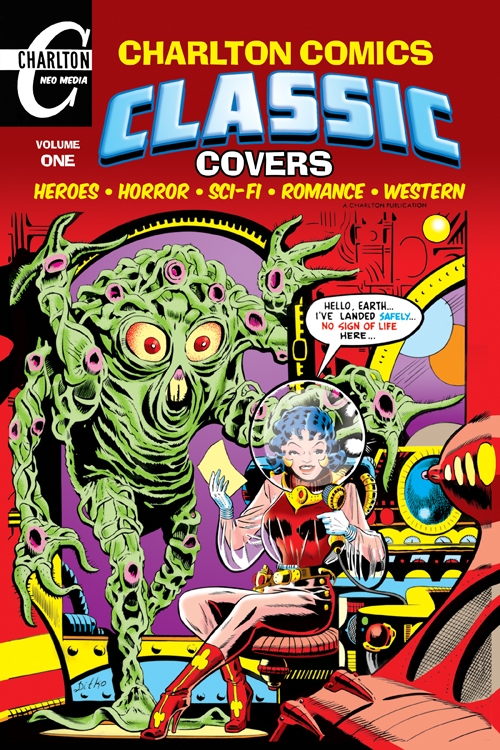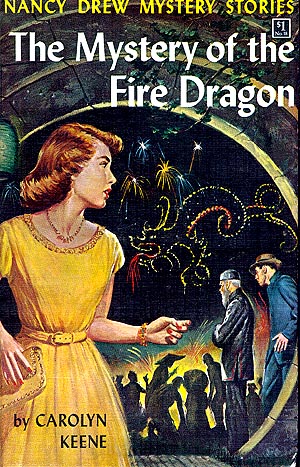To Be Taught, If Fortunate is the latest by Becky Chambers, and most of my readers probably know I'm a big fan. The Long Way To A Small Angry Planet is one of my favorite books and I was looking forward to this one. I'm happy to say it didn't disappoint. This is a little different from her previous books, though, or at least I thought so, as it involves a somewhat more realistic, near future exploration of the nearby cosmos, rather than the more developed civilization of her earlier books. Ariadne is an astronaut on a mission with three others to explore nearby exoplanets, and the novella starts right off with a dilemma. We're not told what the dilemma is, though- that's something we find out as the story progresses.
I really enjoyed this, it was a lot of fun to explore the four different worlds they go to. As usual, her planetary descriptions are evocative and fascinating- for example, on Mirabilis we're treated to nearby planets hanging heavy in the sky, and numerous moons as well. I love that kind of imagery. And each world has its own unique challenges and pitfalls, but also opportunities. I also enjoyed seeing the four astronauts grow and change with the mission- it was especially poignant to realize how they have given up so much to be there, including growing old with their families.
That's the thing, see. Their trip fourteen light years away means that Earth will be vastly different when they return. They've sacrificed their future on Earth for science and the mission. They still get to return, of course, but it'll be a different place. What decision would you make? Could you walk away from family for an opportunity like this? And what responsibility do you have to Earth if things change there, and at some point your mission is called into question?
This story felt a lot more intimate to me than her previous books, maybe because of the issues involved and the narration by Ariadne. She is reporting back to Earth as the mission unfolds, and they spend a few years at each planet before going back into sleep while they traverse the distances between worlds. Their aging is slowed but still happens, and it's almost like following them through their lifespans. This was a book to savor and read slowly, to take in the questions and the issues that come out, but at the same time there was a lot of scientific explanation, and while Chambers is to be commended for presenting it in an engaging way, I can see some readers maybe not enjoying this as much.
It's almost more of a plea from the heart for humanity to not give up on the stars, and a query- are we going to explore the cosmos? What kind of future is there for humanity in space? The author is clearly passionate about this and about presenting the science as well, and at the same time she never loses sight of that sense of wonder that comes from the best science fiction. This is a book to think about and a chance to tap into that sense of wonder that makes us always want to know what's over the horizon.











![Jonny Quest: The Complete Original Series [Blu-ray]](https://images-na.ssl-images-amazon.com/images/I/71xBNq1JthL._SX385_.jpg)









